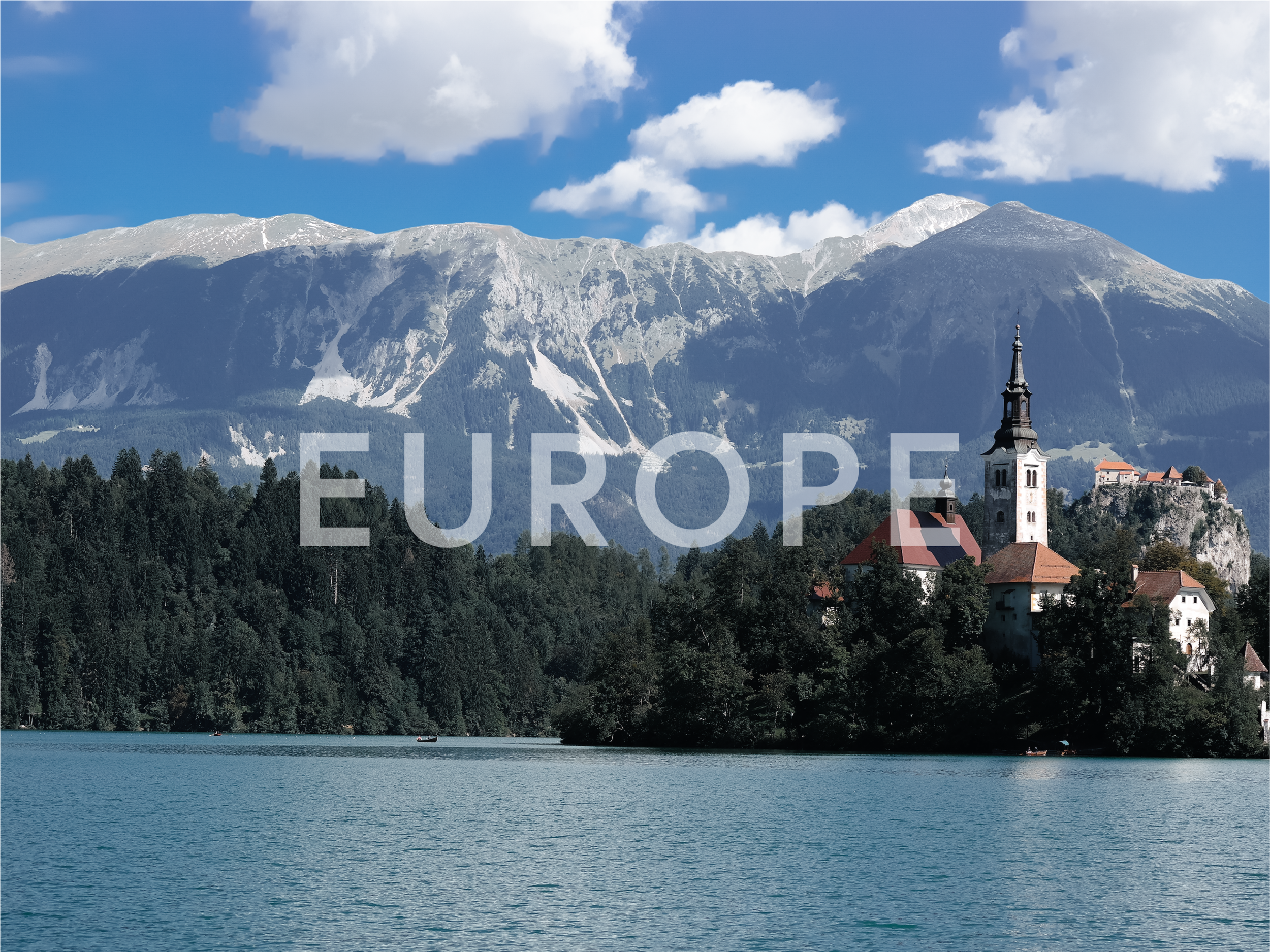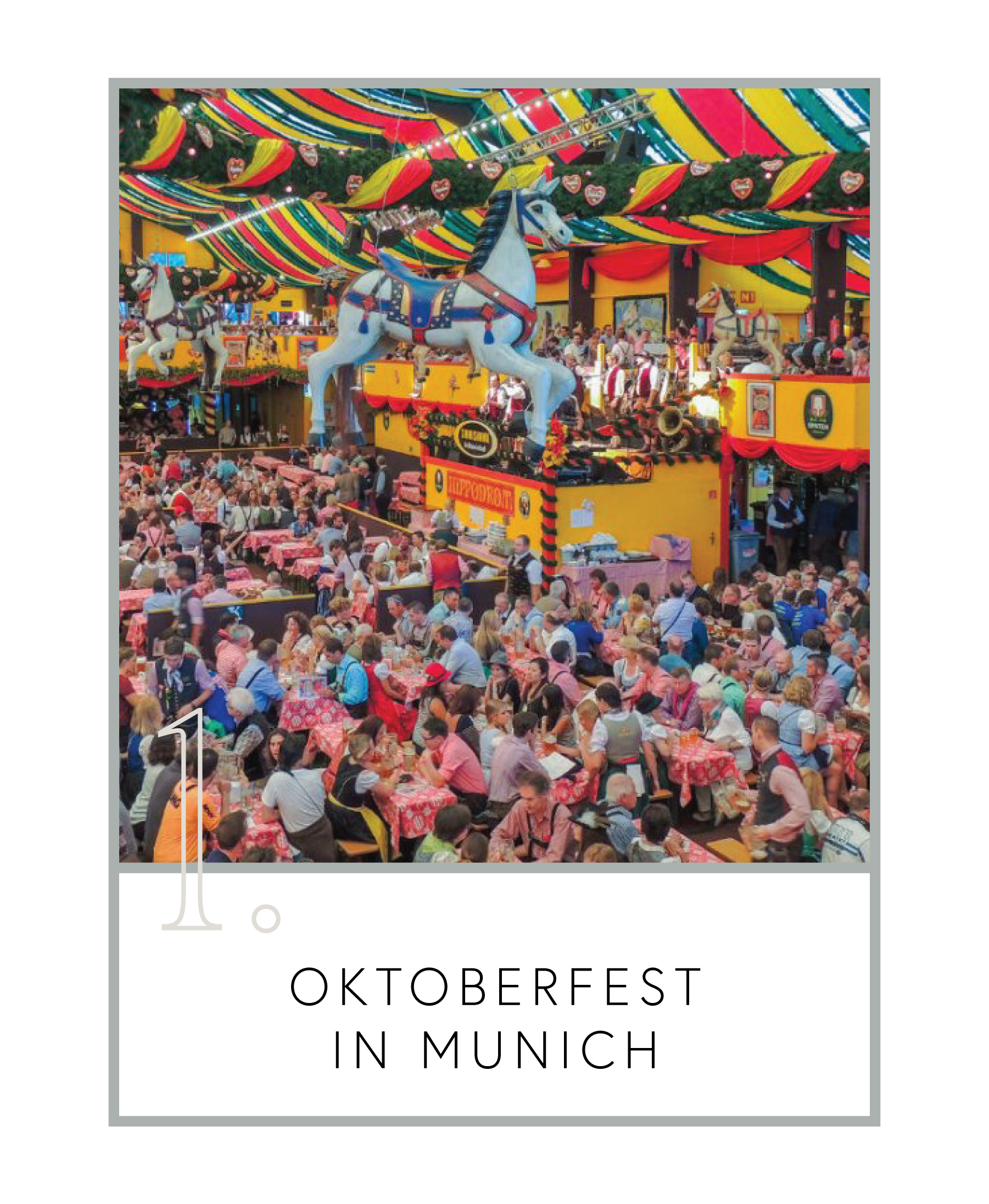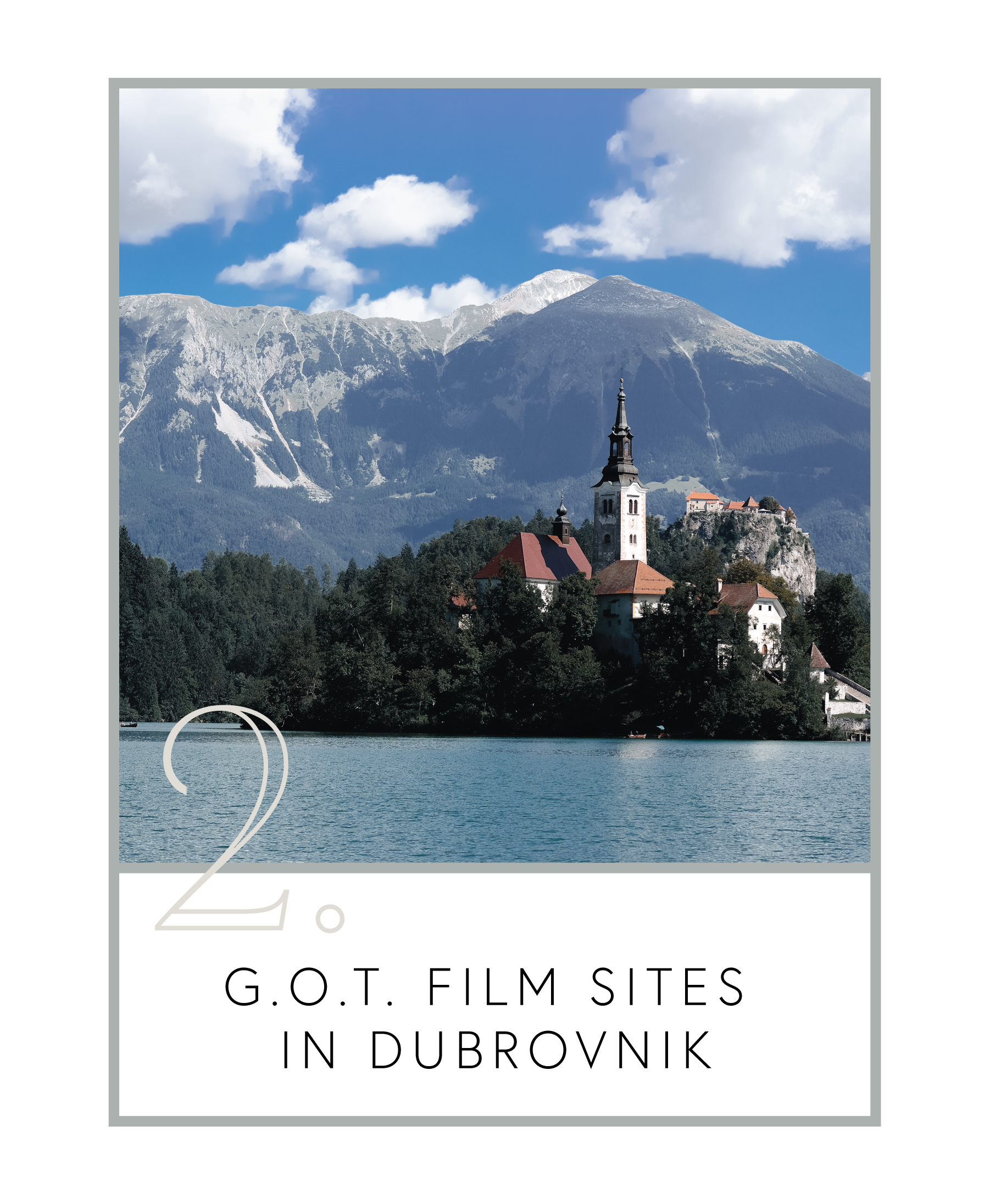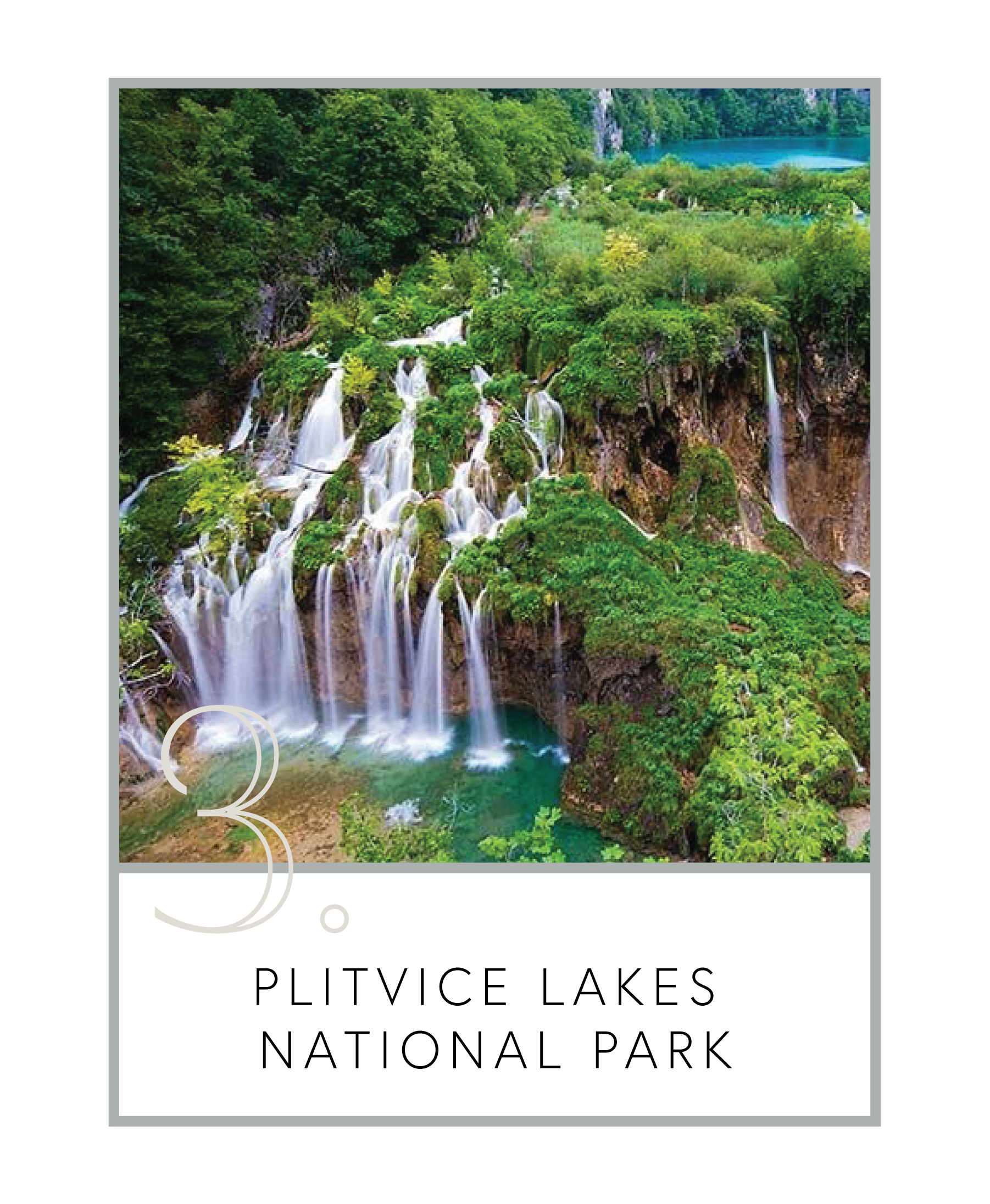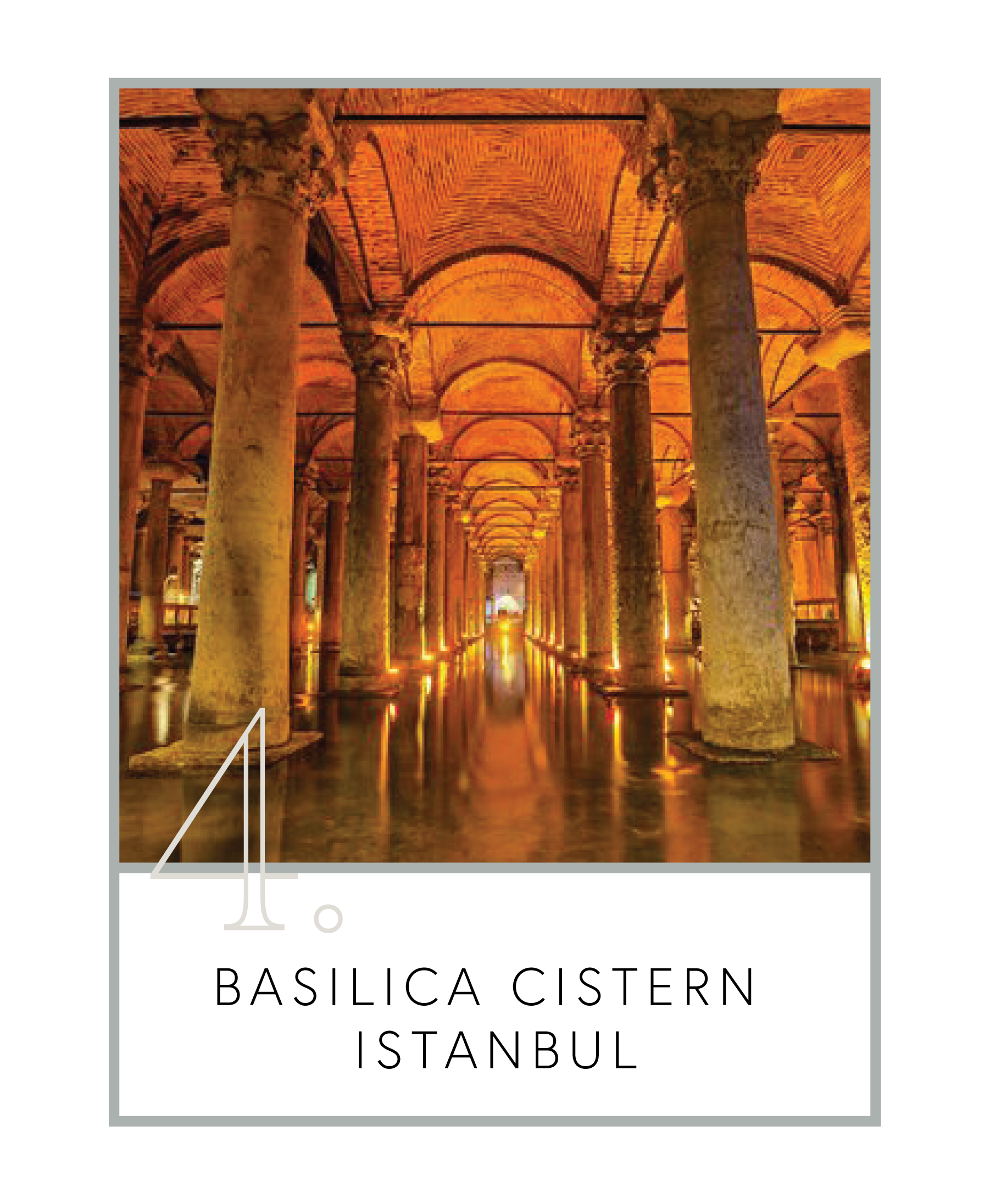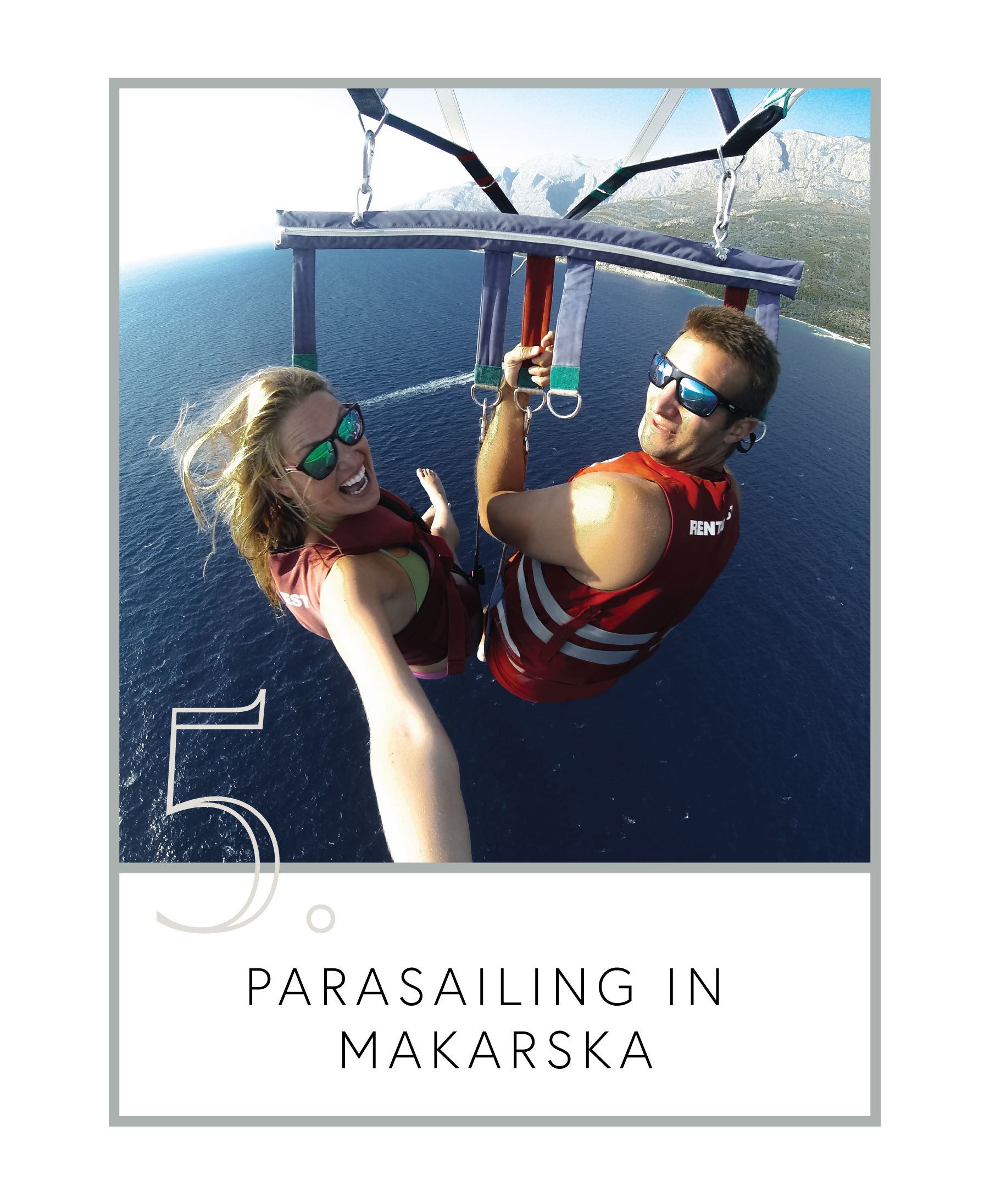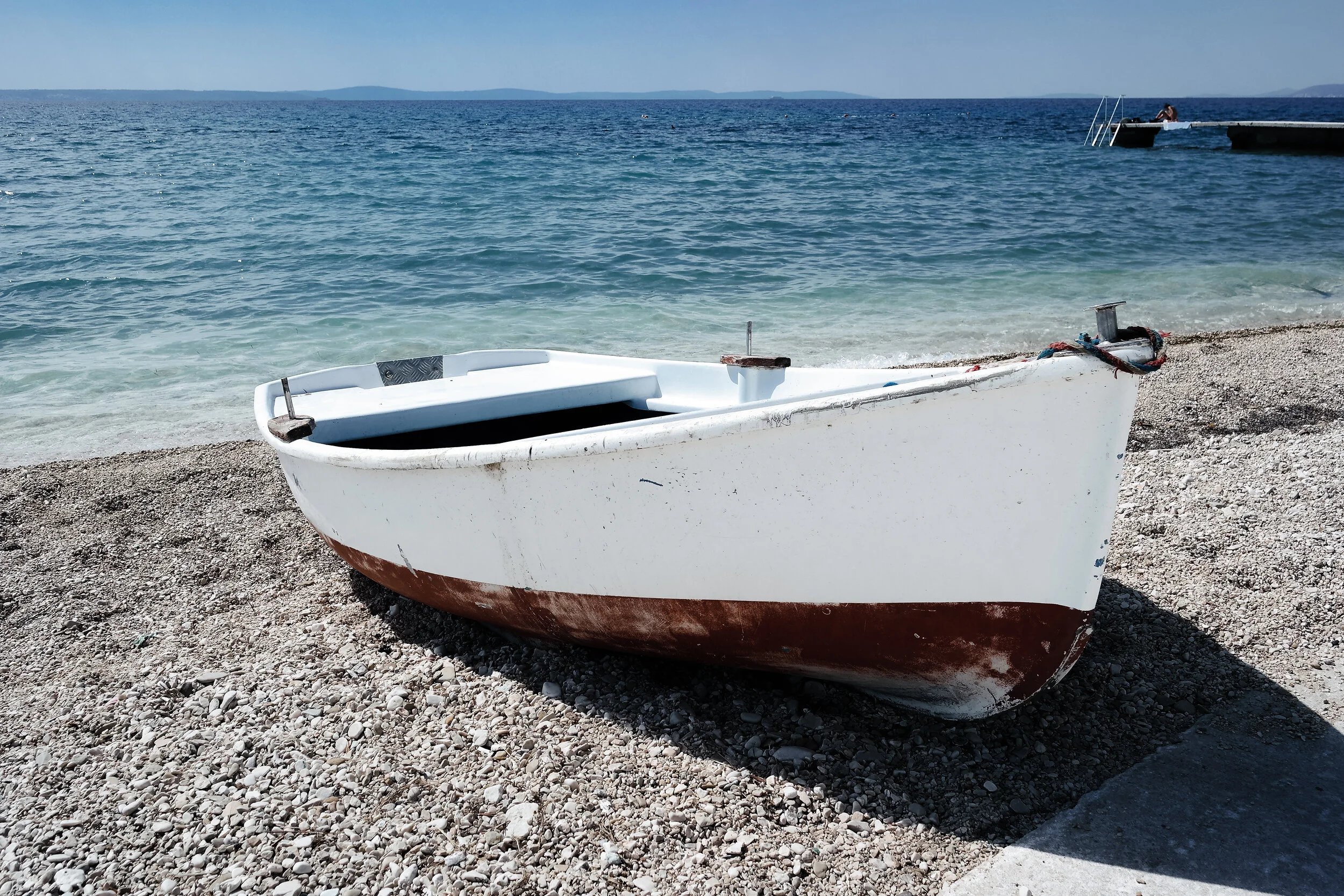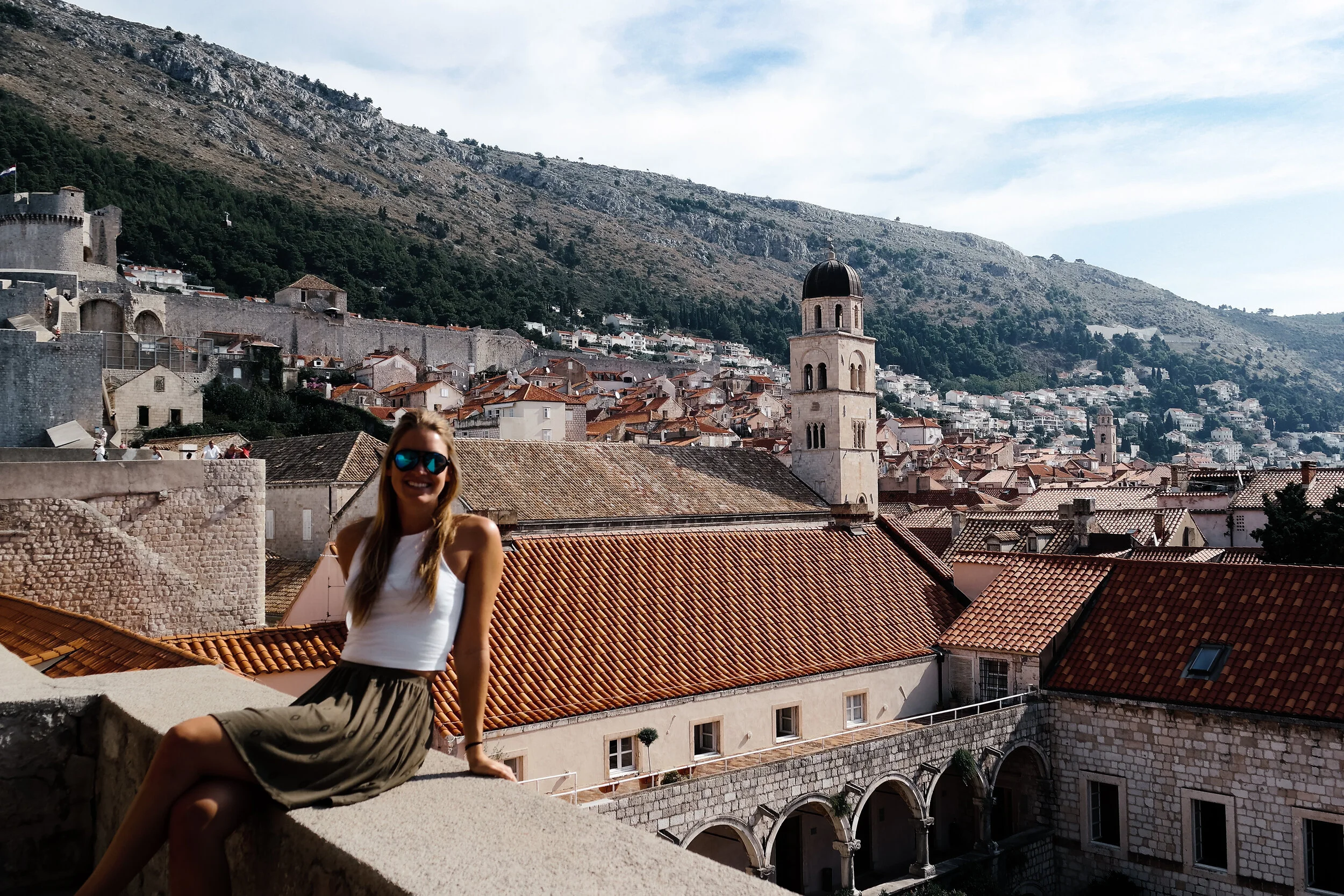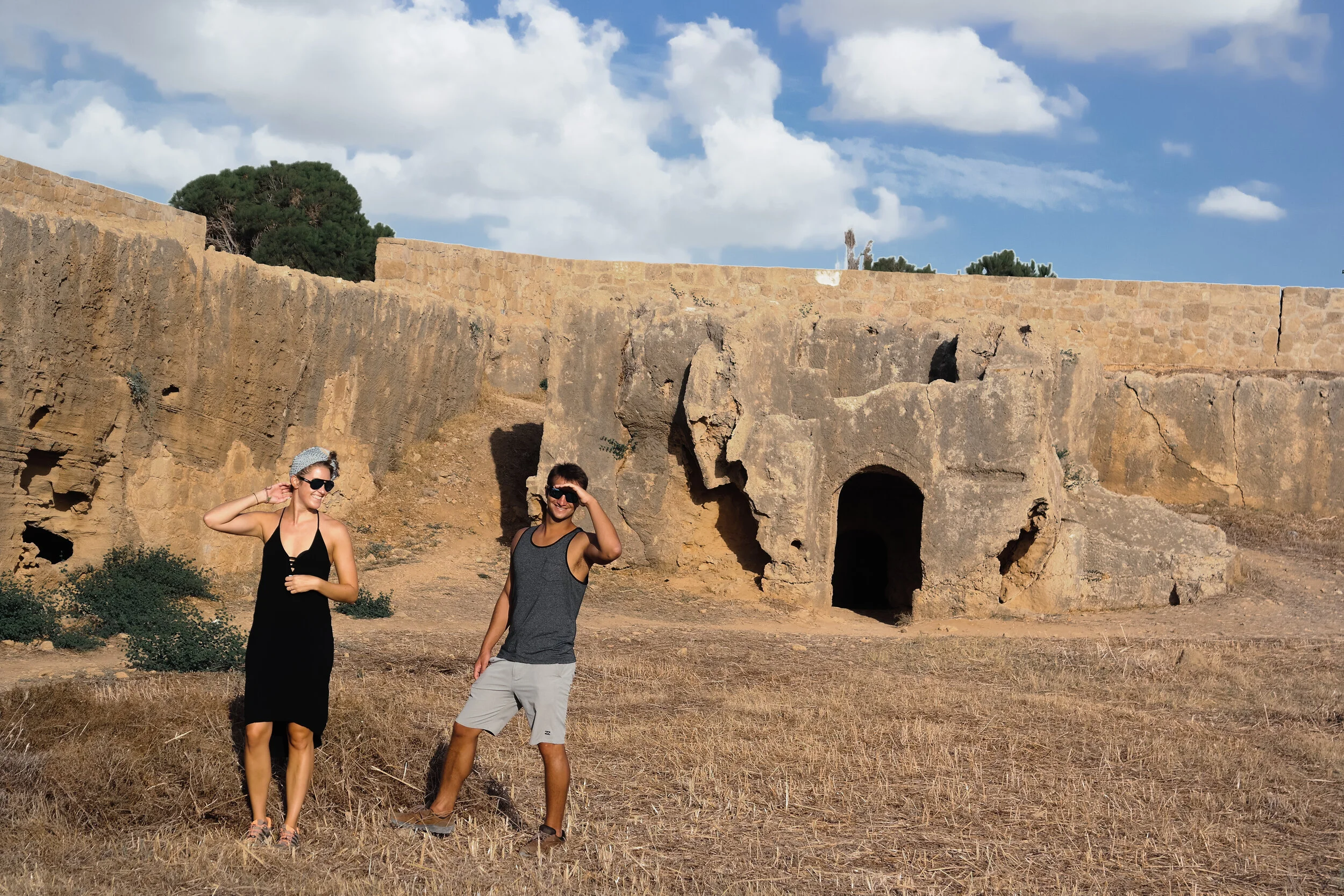Safety:
Outside of the large European cities, you'll rarely run into unsafe situations. The larger cities can host a few exceptions such as petty theft and scam. Be sure to read situations well and get out of situations that make you uncomfortable. While the nightlife of Europe is a great thing to experience, be sure to not carry anything of value and to keep things out of your back pockets.
What to eat:
Every region of Europe is going to have its only specialties. Of course, you must try to baguettes in France and the paella of Spain, but don't forget about the Polish pierogi and the Macedonian zelnik. If worst comes to worst, you'll be able to find doner kebab in every single European city. We travel the world in search of a bad doner kebab...
when to go:
Northern Europe is going to have mild summers and cold winters. To hit these spots you'll want to head there during the summer when you're able to travel without weather being an issue.
Southern + Western Europe are going to have much milder winters (if a true winter at all). If you're trying to beat the crowds, this would be a great time to go. What's more romantic than the Eiffel Tower during a light snowfall? Anywhere along the Mediterranean will also have optimal weather year-round. To beat the crowds, try to stay clear of summer months and the end of spring when new graduates tend to get the travel bug.
Trying to really stay clear of tourist crowds? Think of the less traveled European countries during the summer months. Think the Baltic countries (Latvia, Lithuania, Estonia) and Scandanavia (Finland, Sweden, Norway). These will likely have fewer crowds and still offer beautiful sites and rich culture.
